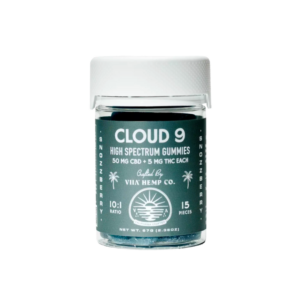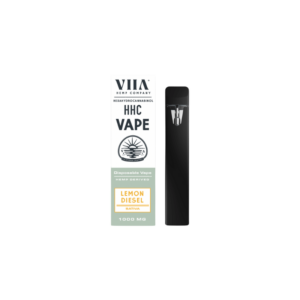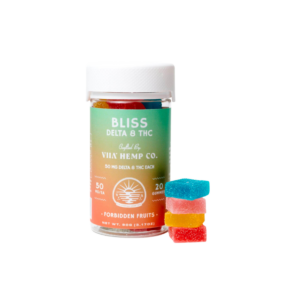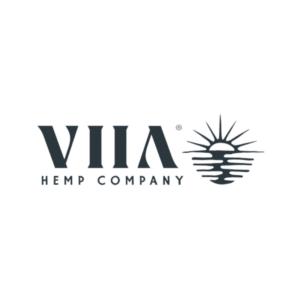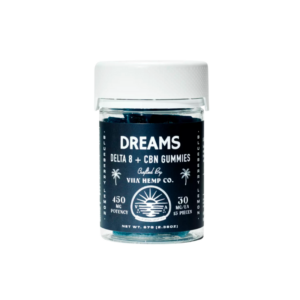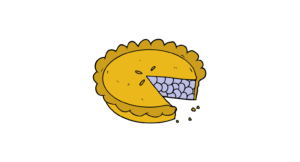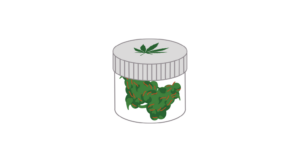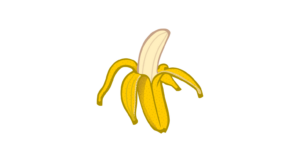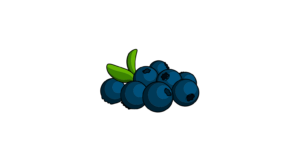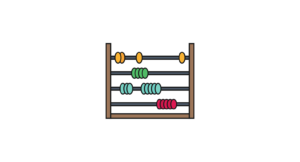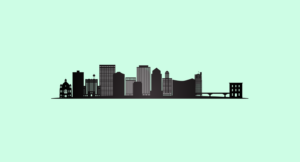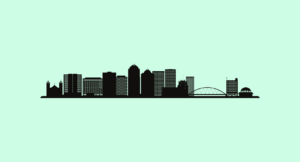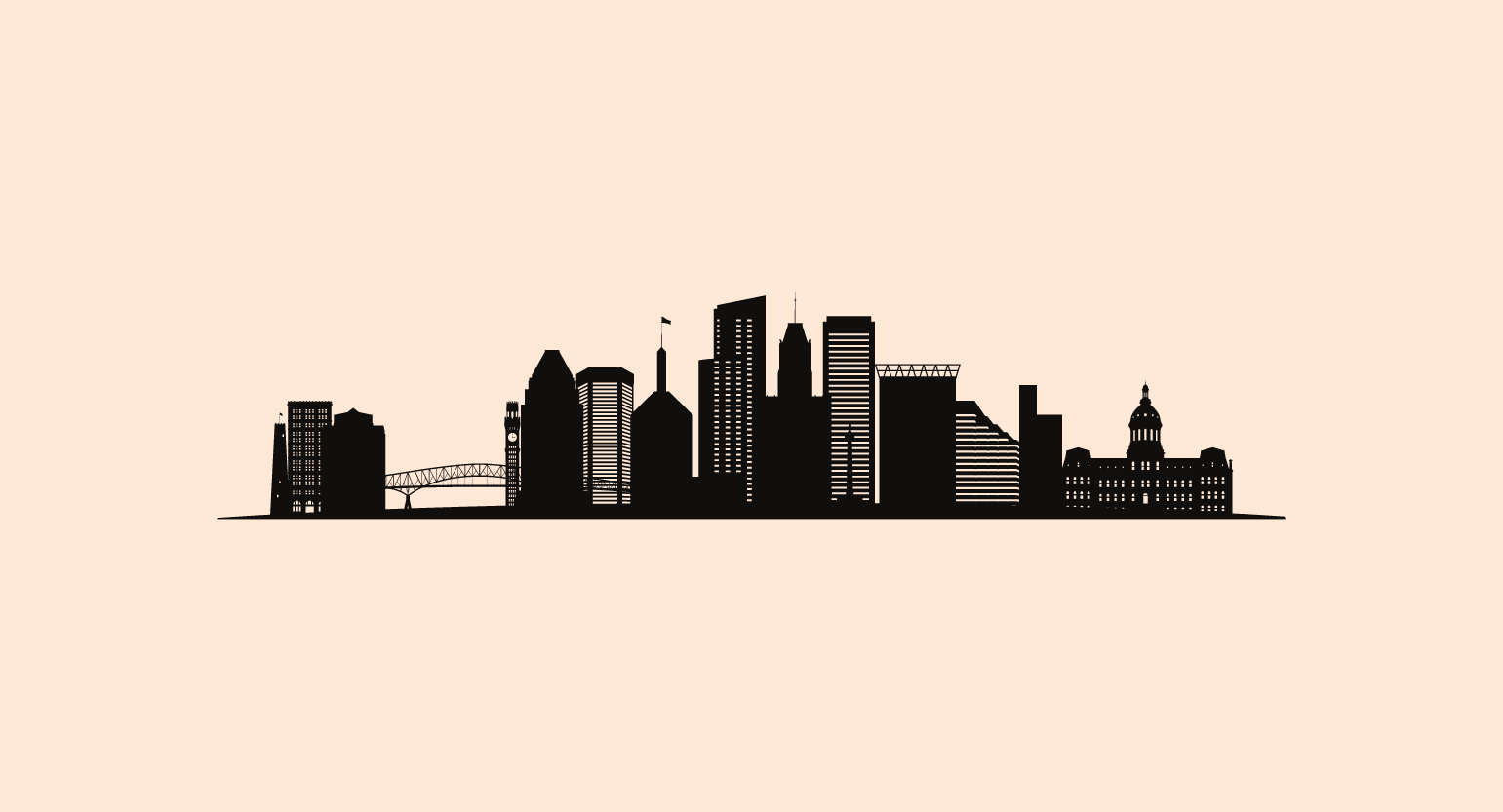
Where to Buy CBD & Delta 8 THC in Baltimore
In this article, we’ll explore the laws governing cannabis use, particularly the three main categories — marijuana, delta 8 THC, and CBD — in Baltimore.
We’ll cover the local laws and regulations, some of the top-rated products and brands to choose from, and offer a list of Baltimore-based dispensaries.
Is CBD Legal in Baltimore?
CBD is legal in Baltimore. There are only a few restrictions put in place by the Food and Drug Administration — which cover the United States as a whole, not just Baltimore.
A law has been stipulated that cannabidiol is legal under the condition that a certain product such as CBD oil contains approximately 0.3% of tetrahydrocannabinol (THC) or less.
Residents can also grow hemp on their own according to federal law. Hemp cultivation is listed under the revised version of the 2018 Farm Bill.
It means that citizens of Baltimore can purchase CBD products the same way they would buy Ibuprofen without needing a prescription of any kind. The only stipulation is that you need to be over the age of 21 to purchase CBD products.
CBD products are hemp-based, which means that it is different from marijuana. Many people still think that the two are the same plants. The main difference between the two lies in the THC content; marijuana is high in THC, which is responsible for giving users the feeling of being “high,” whereas hemp is low in THC but still gives the same analgesic properties.
Purchasing and using CBD products are allowed in the city but not infusing food and beverages with CBD or THC. For more information about this restriction, you may refer to the Department of Health’s website.
Find CBD In The United States
Is Marijuana Legal in Baltimore?
Marijuana has not received the same open regulations as hemp. Products made from marijuana can only be purchased after gaining approval through the Maryland medical marijuana program.
In order to get this license, you need to have a certificate from a medical doctor. To get a medical certificate, the Maryland Medical Cannabis Commission offers a one-day online application. For a hassle-free transaction, patients are reminded to have all necessary documents needed, such as a certificate from a licensed physician about their condition and the need for marijuana use.
Once registered, you may present your card/certificate (usually around $50) to purchase marijuana. You may purchase up to a 30-day supply of marijuana. If you do not use it within 120 days after issuance, you would need to register online again.
Since marijuana is allowed to be used for medical purposes only, anyone caught in possession of the substance for non-medical use needs to pay a fine. A $100-fine is imposed on a user caught having less than 10 grams; if it’s between 10 grams to 50 pounds, that equates to a fine of $1000 and is treated as a misdemeanor.
How Much Does Weed Cost in Baltimore?
The price of marijuana depends on the quality. Marijuana of lower quality is priced at around $12.5/gram, while top-grade marijuana is usually priced at $20/gram.
Is Delta 8 THC Legal in Baltimore?
Delta 8 THC is an alternative to marijuana products. It’s made from hemp but delivers similar effects as marijuana. Because delta 8 is derived from hemp, it’s considered legal in the state of Maryland. This is a legal grey area, however, so it’s unclear whether delta 8 THC will remain legal or new laws will be passed to patch this loophole.
Delta 8 THC is preferred by many for its more relaxing, less anxiety-inducing effects compared to conventional THC products.
List of Dispensaries in Baltimore
Here are the top five dispensaries of cannabis along with their website in Baltimore, Maryland, which the MMCC approved:
For more information, you may get in touch with MMCC by calling 410-487-8100 or 1-844-421-2571.
The Best CBD Products For 2021
1. CBD Oils & Tinctures
CBD oils and tinctures are composed of hemp-derived CBD extract and a base carrier oil.
Oils are the preferred method of using CBD for many because of how convenient they are to use, their cost-effectiveness, and their long shelf-life.
2. CBD Vape Pens
CBD vape pens are like e-cigarettes. They are convenient to use as you can carry them around like a normal pen. You can slide this into your pocket or leave it in your purse or backpack.
Vape products have a very fast onset of effects. The active ingredients are absorbed through the lungs within a matter of seconds.
3. CBD Gummies
CBD gummies are part of the CBD edibles category. They deliver consistent doses of CBD in every piece, have relatively fast onset of effects, and are delicious. These are the best products to use if you either don’t like the taste of CBD oil or don’t like taking capsules.
Other Cannabinoids to Explore
Cannabinoids are not limited to those three; in fact, there have been some emerging products in the market that you can also try out.
1. Cannabichromene (CBC)
CBC is almost like CBD. Current research suggests CBC is a powerful anticancer and antianxiety agent.
2. Cannabigerol (CBG)
CBG is a mix of CBD, THC, and CBC. It targets inflammation reduction, chronic pain support, and increases appetite.
3. Cannabinol (CBN)
CBN is both an analgesic and a relaxer. It is 10% psychoactive because it has higher THC content, which users find helpful for relaxation.
4. Delta-10 THC
Delta 10 THC is similar to delta 8 and delta 9 THC. All three are isomers of each other. Delta 8 is more relaxing, delta 10 is more stimulating, and delta 9 is somewhere in the middle.
5. Tetrahydrcanavarin (THCV)
THCV is distinct from THC. It’s about 25% as psychoactive, and the effects are more heavily weighted towards being stimulating and energizing rather than sedating or relaxing.
What to Check When Shopping for CBD Products
After the federal government legalized hemp products like CBD, not only had there been an increase in users, it also produced an increase in sellers. With many of them in the market, you would need to be keen and cautious with your purchase. Some sellers override and overlook the ethics that encompasses selling and using products like these.
There are a lot of scams in the cannabis space. We’ve highlighted some of the most predominant CBD scams and delta 8 THC scams in other posts — but we can’t cover them all. It’s important you know what to look for while you shop to avoid getting ripped off or accidentally ordering products that are unsafe.
Here’s how to vet a CBD company before you buy:
1. Check For Third-Party Lab Tests
Third-party testing is a process that involves sending samples of a CBD or THC extract to an independent laboratory. The lab will then test the product and provide a confirmation of the analysis document that lists everything they found (or didn’t find). These results should be published live on a companies website for all to see.
If you don’t see these tests available, you should ask yourself what the company could be hiding.
2. Assess the Value Using the Cost per mg Metric
It’s easy to focus on the overall cost of a particular product. But this isn’t a great assessment of its value.
Instead, it’s better to look at the cost per milligram of active ingredient. For CBD products, assess the cost per mg of CBD; for delta 8 products, you’ll want to assess the cost per mg of delta 8 THC.
For example, you might find a product that costs $30 for 100 mg of CBD. This seems way cheaper than another CBD product that costs $130 for 3000 mg. When we compare the two in terms of cost per mg, we see clear differences in the actual value of these two products.
The first one ($30) works out to roughly 30 cents per milligram of CBD. The second ($130) works out to 4 cents per milligram — which is nearly a tenth the cost.
3. Read Reviews
If you’re unsure about a brand, it pays to read reviews online. Check places like Reddit or topical experts that break down the cost, potency, ingredients, and company — matching it up against the rest of the market.
Conclusion: Where to Buy Cannabis Products in Baltimore
CBD and delta 8 THC are both legal in Baltimore, but marijuana remains available through prescription only.
There are plenty of local shops that sell these products, but the best source is online.
Buying online allows you to order from the manufacturer directly, which is cheaper, more convenient, and usually allows you to take extra steps like reading past customer reviews and check the third-party lab tests (highly recommended).
